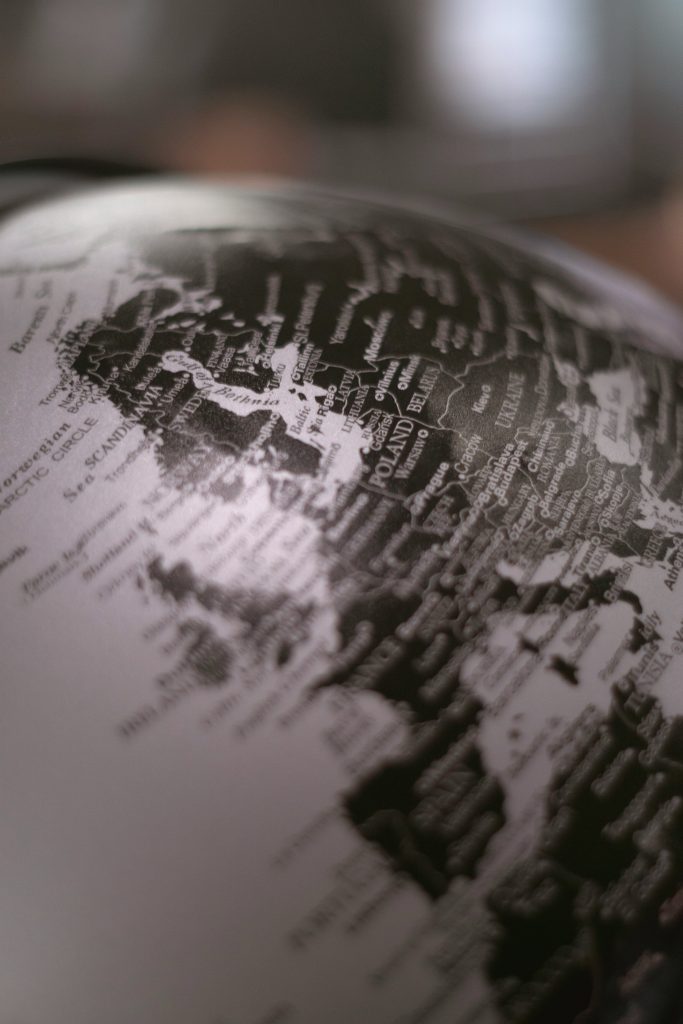Indispensable but in disarray: Europe’s geopolitical landscape still a work in progress

Europeans are rallying to defend Ukraine, and that is to their credit. After the disastrous Trump-Putin meeting in Anchorage, they accompanied President Zelensky to Washington on 18 August so that he would not be alone in facing American pressure to capitulate. Since the start of the war, they have sent more than €160 billion in financial, humanitarian and military aid to Ukraine. They have granted temporary protection to more than 4 million Ukrainian refugees. Since March 2025, they have been holding a series of summit meetings of the ‘coalition of the willing’ tasked with providing security guarantees to Ukraine after a peace agreement. To secure American support for this initiative, they have even accepted an unworthy deal: to buy weapons from the United States, which they will then supply to Ukraine, as part of a trade agreement signed on 27 July, which only taxes European exports to the United States at 15% and confirms Europe’s allegiance to America more than ever. For advocates of a sovereign Europe, this is a bitter pill to swallow. For advocates of Ukraine, it is undoubtedly a useful decision. Janus always has two faces.
On the other hand, the conditions for the EU to become a major strategic player, both for Ukraine and for Europe, are far from being met. On the one hand, peace is not on the horizon, making it impossible to guarantee Ukraine’s security. Russia refuses to compromise: the meeting in Alaska between Trump and Putin did nothing more than demonstrate to the world Russia’s unwavering determination to continue the war. On the other hand, the participation of the United States in this future coalition of volunteers providing security guarantees to Ukraine, following a peace plan, remains pure speculation: Donald Trump has promised absolutely nothing, and even his possible promises are reversible and subject to change. In other words, Europeans are meeting, discussing, making plans, calculations and scenarios, as they did at the meeting of volunteers in Paris on 4 September, but nothing can be implemented until these two obstacles, Russia and the United States, are removed. Finally, it is high time that European rules themselves were respected: the President of the Commission is not the head of the armed forces, defence is not within her remit, and her statements about a ‘specific plan’ to deploy troops in Ukraine, with American participation, are simply surreal and dangerous. It is undeniable that the Commission’s initiatives on defence industry and financing have been decisive in recent years, if only to shake Member States out of their natural lethargy on these issues. However, the more the Commission attempts to unduly take on political responsibility for defence, the less credible and acceptable the European dimension of this defence will appear to European public opinion.
In the meantime, what can be done? On the diplomatic front, the Europeans have never proposed a specific plan for a return to peace: their policy is limited to unreserved support for Ukraine’s position, whatever it may be, in the face of Russia’s delusional demands. This total solidarity certainly has its virtues, particularly in the face of American procrastination. But isn’t it time to move on? To an ad hoc peace proposal, negotiated with Kiev, but of European design? A negotiable peace plan, with or without a prior ceasefire, should indeed be proposed by the Europeans, rather than leaving two equally unacceptable options facing each other: Russia’s extremism and the United States’ laxity. It is necessary to prepare plans to secure the future of Ukraine. It would be even more necessary to help it sign a peace agreement that it itself would find acceptable and sustainable. In the meantime, it would be useful for the Council, or even a few willing Member States, to focus on the practical distribution of responsibilities: how to implement the EU’s defence article (Article 42-7) in the event of a failure of NATO’s Article 5, for example in the defence of a Baltic State? How would a European pillar of NATO function? etc. As for the governance of European defence, the Member States alone bear responsibility for this. It is fortunate that Germany, through its Defence Minister, has called the Commission President to order by emphasising that defence is neither a role-playing game nor a theatre stage. It is to be hoped that all Member States are equally convinced of this.




